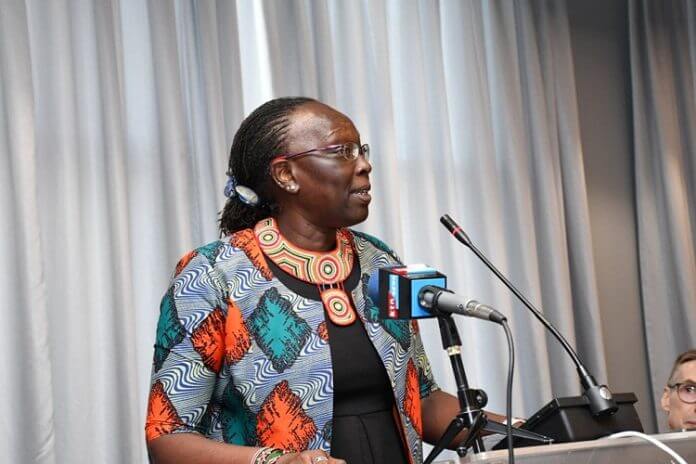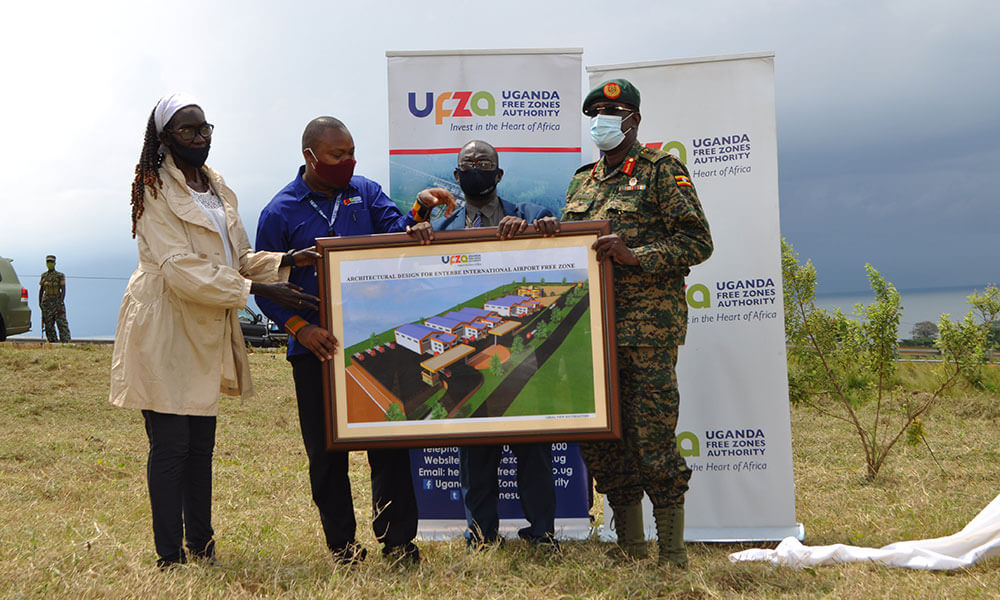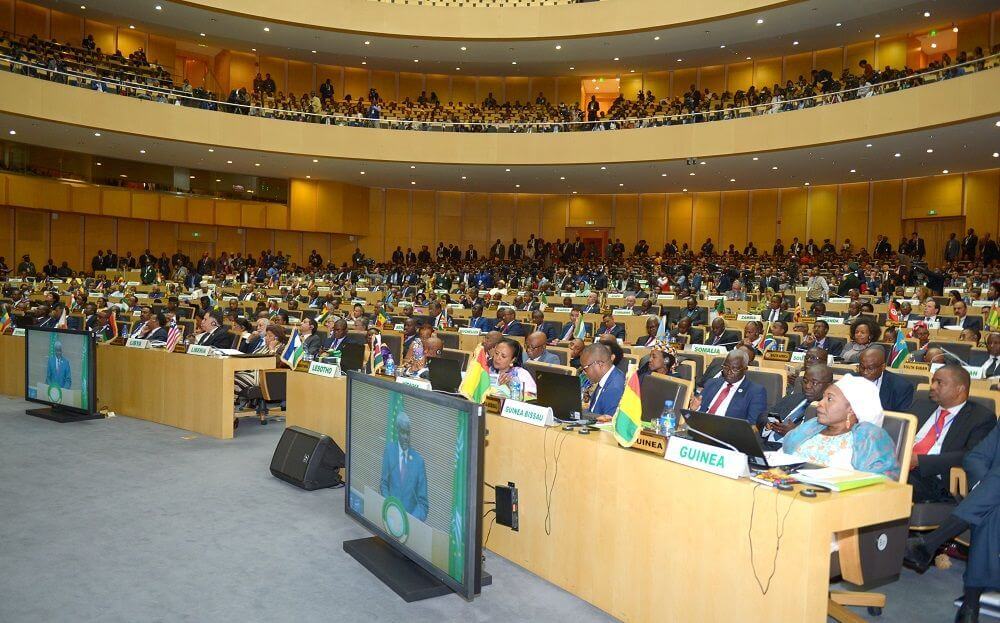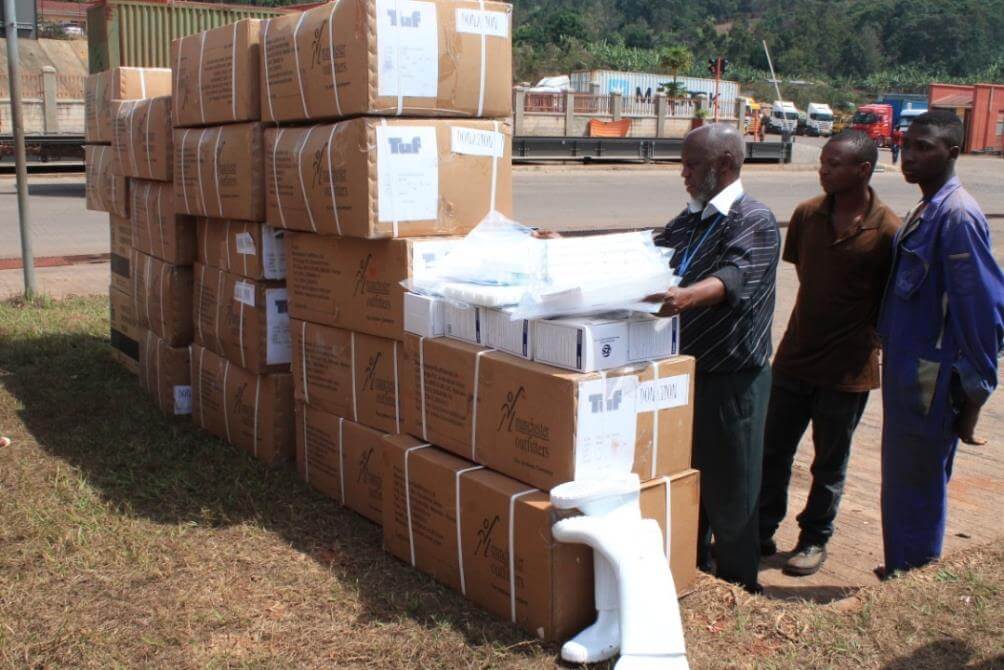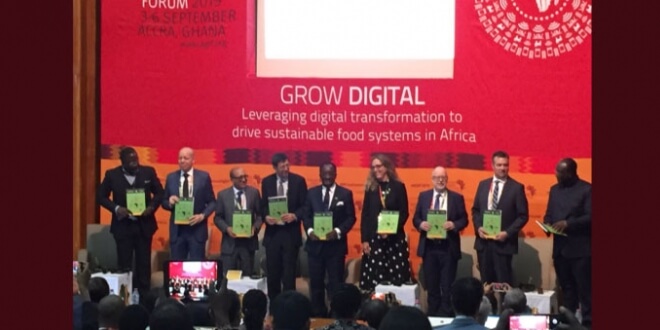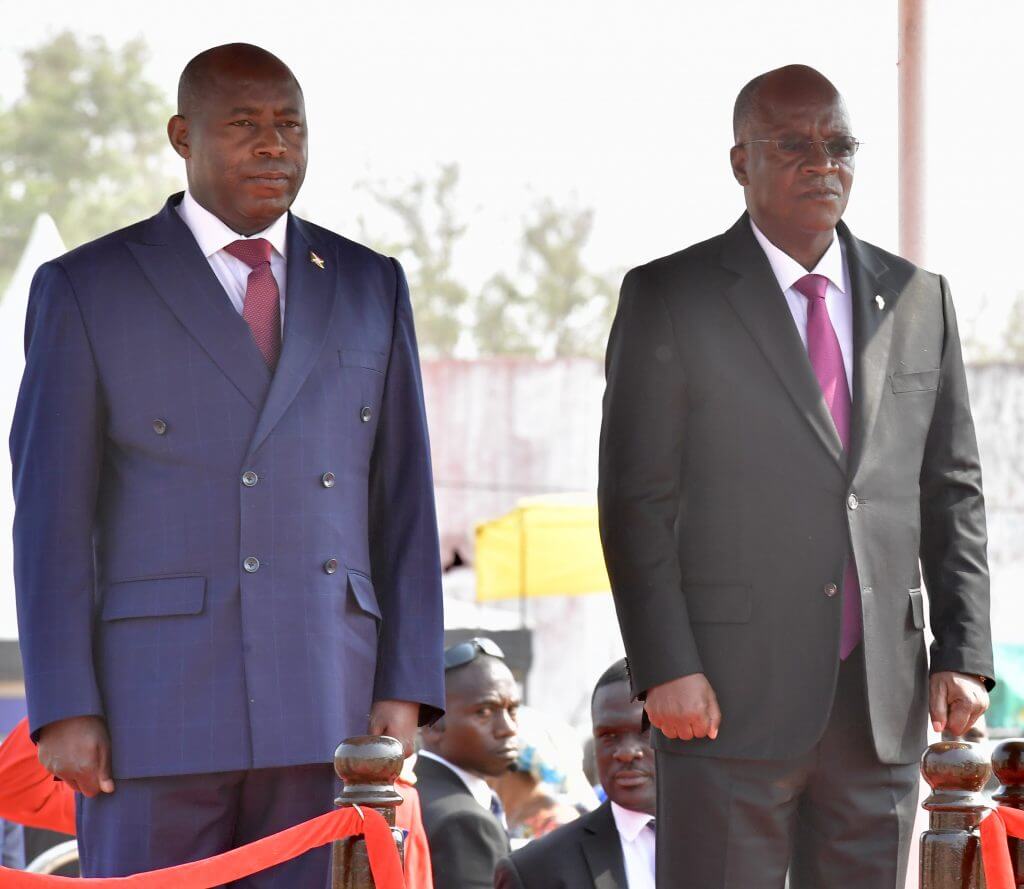“Investment and Trade for Africa’s Economic Development” – a public webinar held on Wednesday – targeted opportunities for cross-border collaboration between Africa and Germany. The African Export-Import Bank announced its plans to sign a Memorandum of Understanding with German car manufacturers to establish an automotive industry in Africa. The Germany-Africa Business Forum (GABF), Africa Oil & Power and the African Energy Chamber co-hosted the webinar, as part of a GABF cooperation-focused series. Berlin, 24th of September, The Germany-Africa Business Forum (GABF) hosted its second installment of its German-African cooperation-focused webinar series on Wednesday, aimed at outlining the opportunities for sustainable FDI between Germany and the African continent. The panel comprised H.E. Günter Nooke, Africa Envoy to German Chancellor Angela Merkel; NJ Ayuk, Executive Chairman of the African Energy Chamber; and Rene Awambeng, Global Head Client Relationship at the African Export-Import Bank (Afreximbank). Anchored by the theme of investment and trade for African economic development, the opening keynote was delivered by H.E. Nooke, and outlined four key success factors in driving Africa’s economic development: investment and business climate, transport, energy and technological infrastructure, available workforce, and access to markets. Digitalization and green energy were advanced as two of the critical sectors for facilitating Africa’s economic and social development. Africa contains a young, tech-savvy population, noted H.E. Nooke, translating to smooth technological adoption and enhanced opportunities for both consumers and businesses. Highlighting efforts to expand global market reach, H.E. Nooke noted the anticipated benefits of the recently adopted African Continental Free Trade...
Germany Advances as Major Player in Pan-African Trade and Investment
Posted on: September 29, 2020
Posted on: September 29, 2020



